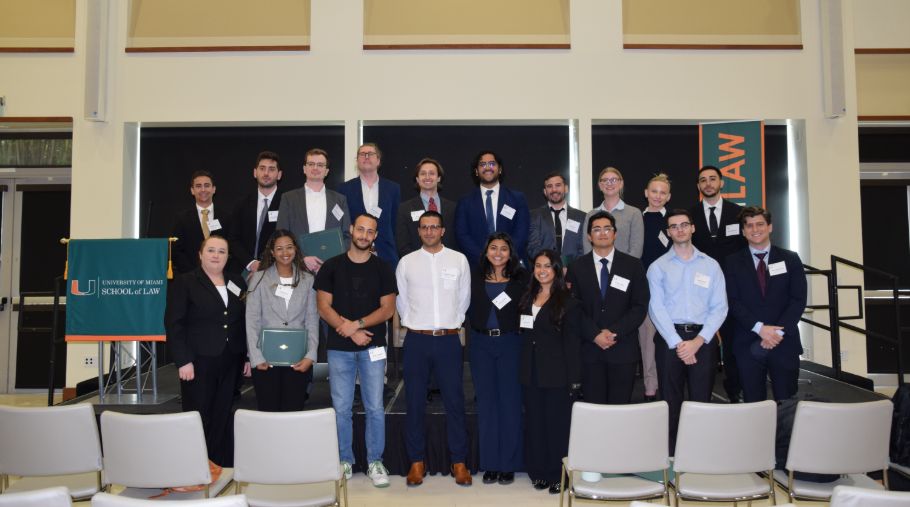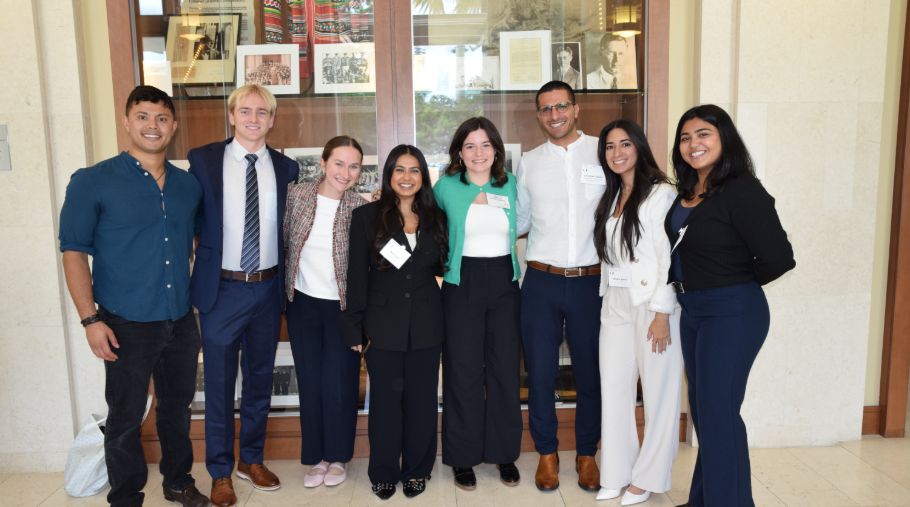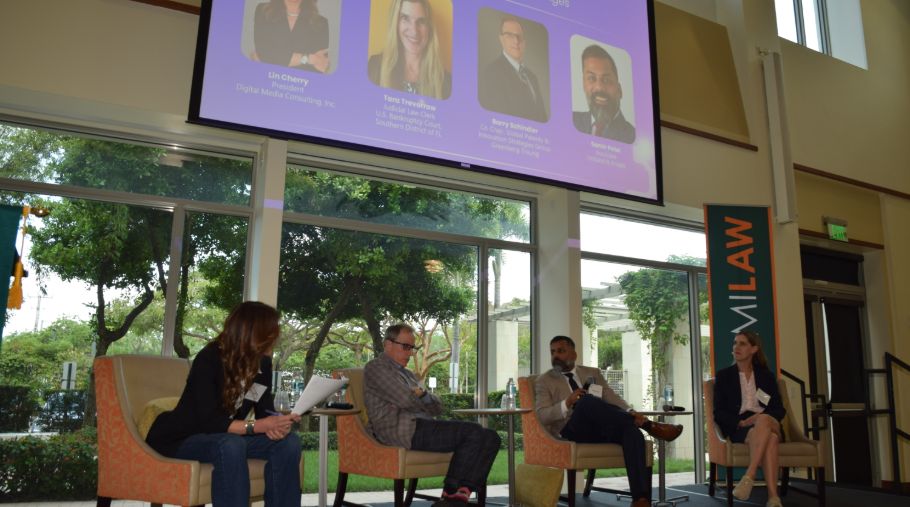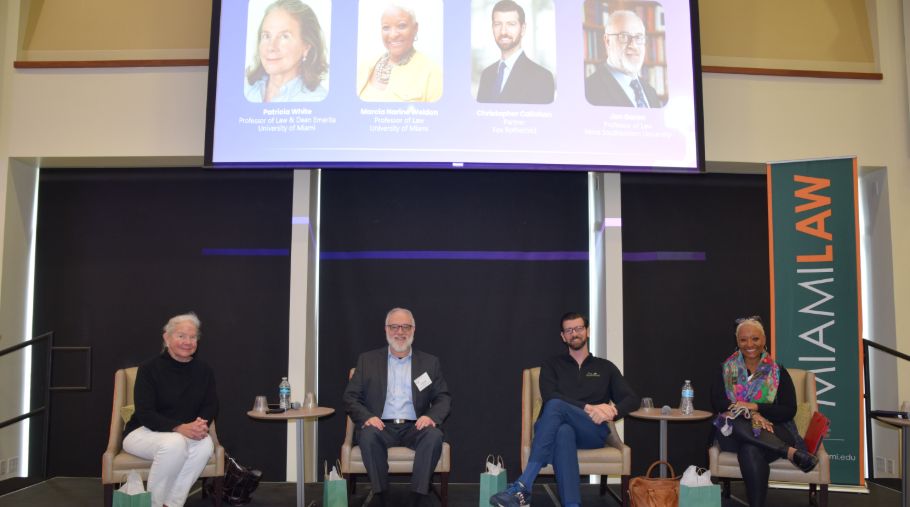The AI & Law Research Award is an annual initiative led by the Miami Law & AI Lab to support cutting-edge research at the intersection of AI and law. Each year, promising scholars and practitioners are selected to receive funding and computational resources for their pioneering projects.
The Miami Law & AI Lab is funding six pioneering projects through the AI & Law Research Award program, advancing innovation at the intersection of AI, law, and government:
Human Trials of Anti-Genrative AI Biases in Patent Law
Mike Schuster - University of Georgia, US
Joseph Avery - University of Miami, US
Large Language Models and the Jurisprudence of Vibes
Ben Sobel - Cornell Tech, US
Bias as a Signal: Harnessing Foundation Models' Data-Driven Bias to Inform Contractual Legal Standards
Uri Hacohen - Tel Aviv University, IL
Navigating Decentralized Approaches to AI: Challenges in US State-Level Regulation Without Federal Oversight
Elijah Boykoff - University of Colorado Boulder, US
Imposters: Unregulated Medical Advice from AI Chatbots in the US and EU
Mindy Duffourc - Maastricht University, NL
Roni Kennedy, Riya Goel - University of Miami, US
Graph-Based RAG System for Automated Detection and Legal Validation of Abusive Clauses in Financial Contracts
Makdihel Laudino Santillán, Philippe Prince Tritto, Hiram Ponce, and Karina Ruby Perez-Daniel - National Commission for the Protection and Defense of Users of Financial Services & Universidad Panamericana, MX








